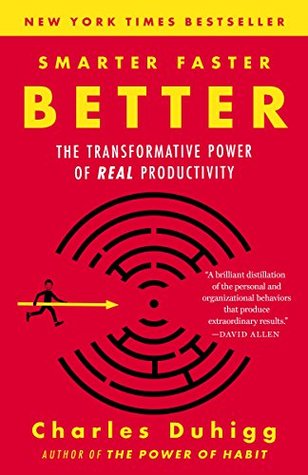If you can link something hard to a choice you care about, it makes the task easier, Quintanilla’s drill instructors had told him. That’s why they asked each other questions starting with “why.” Make a chore into a meaningful decision, and self-motivation will emerge.
This is an over op overly optimistic view on the power of Xrinsic motivators on an individual. The greater the motivator there is a possibility of a greater chance of success, however, I would be interested in knowing how often this worked practically and what the outcome was when that person failed. Is it the prospect of success which drives the person or is it the fear of failure? Is there a measured increase in anxiety towards completing the task and does it in any way alter the outcome in such a way that the success outweighs the deleterious effects of emotional strain?


